TV
People are battling to finish Netflix's 'gut-wrenching' viral doco 'Taking Care of Maya'
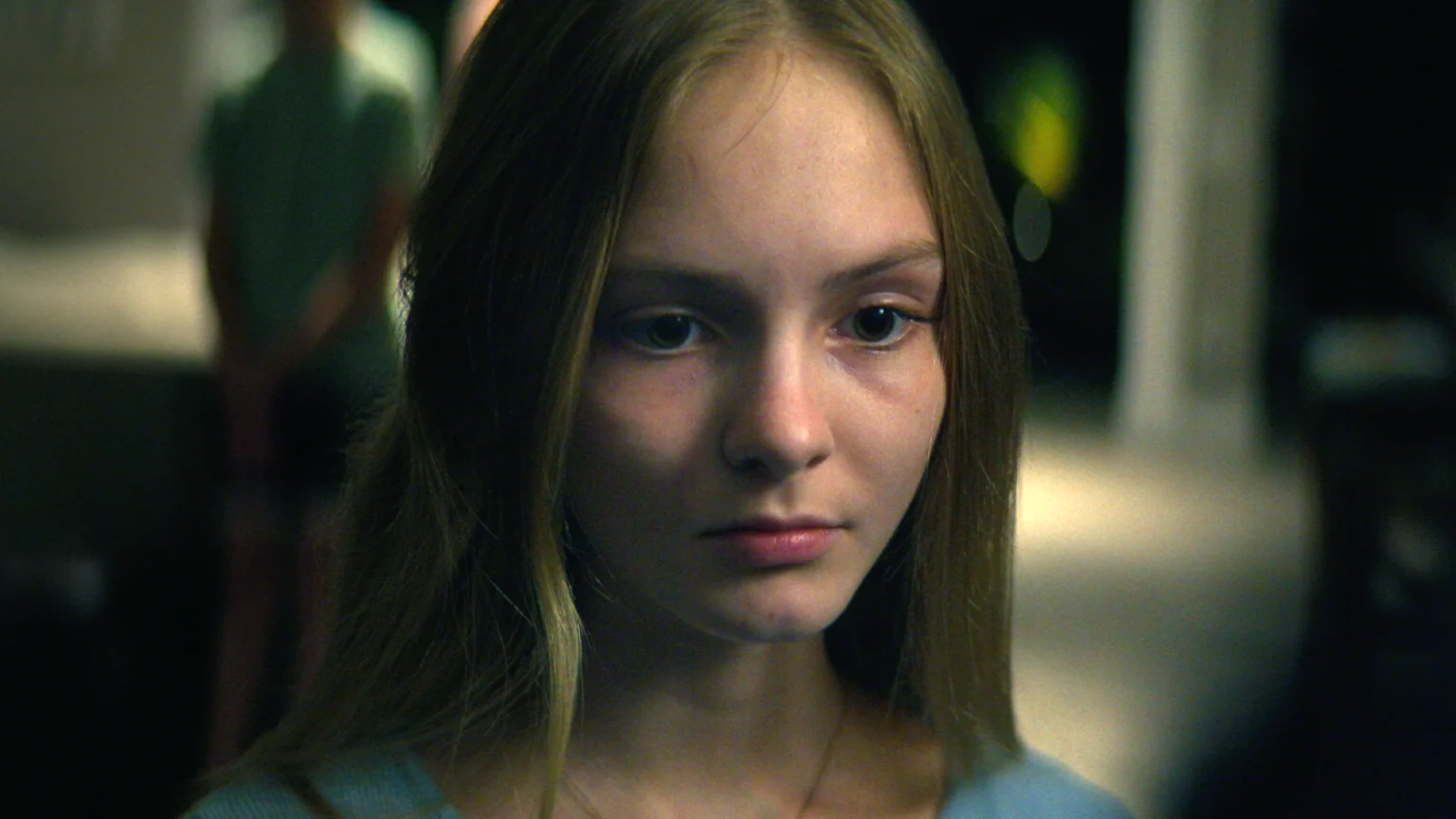
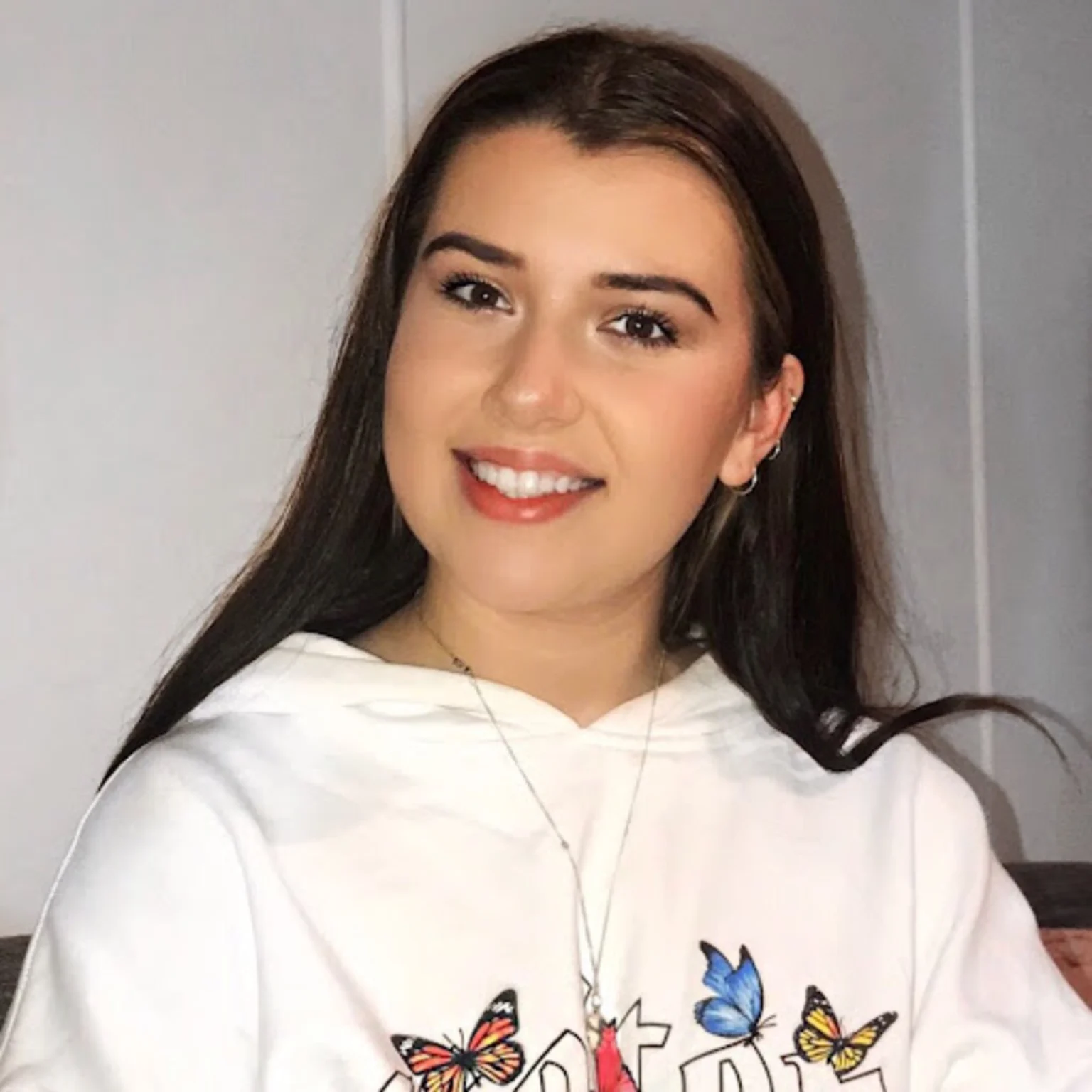
Published by Sophie van Soest
26 Jun 2023
TW: This article includes the mention of suicide.
The new Netflix documentary 'Take Care of Maya', has been described as one of the most 'gut-wrenching' watches people have seen, and let me tell you, it's going to take you on an emotional journey.
Imagine being a parent and seeing your child in excruciating pain. That's exactly what Jack and Beata Kowalski experienced with their daughter, Maya.
From the early age of nine, Maya started suffering from chronic pain that turned her world upside down. In the doco symptoms include severe cramping legs and feet, her feet begin to turn inward, her skin felt like it was on fire, and Maya was constantly in agony.
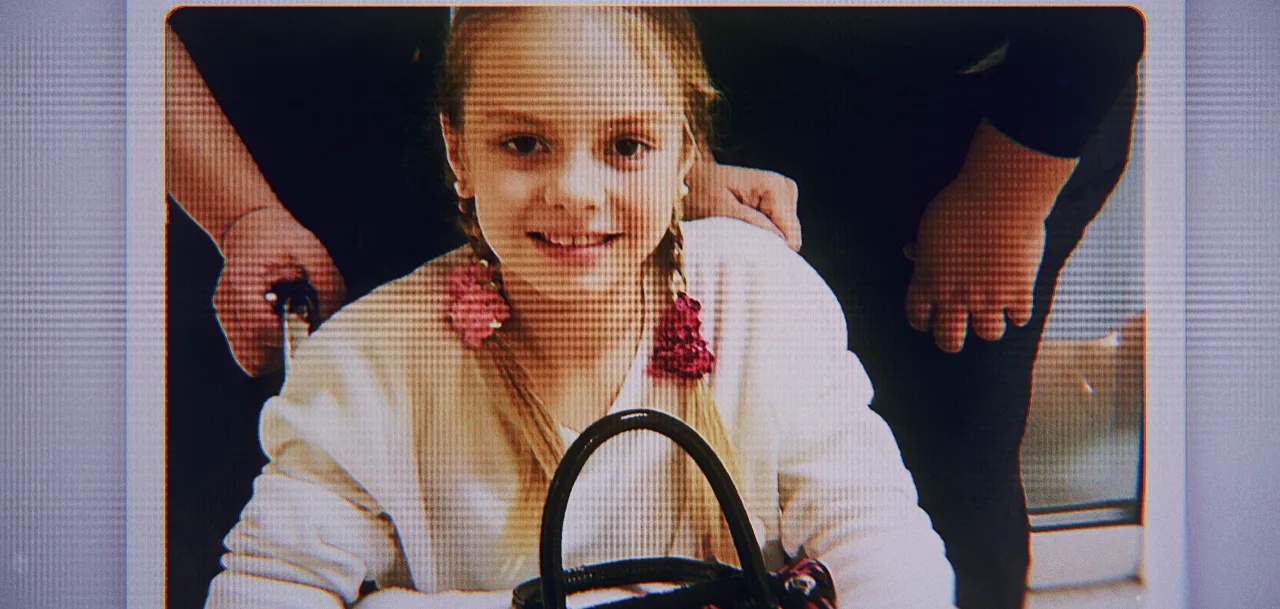
Naturally, Jack and Beata were desperate for answers. They took Maya to various professionals throughout 2015, and finally, one doctor diagnosed her with CRPS (Complex regional pain syndrome).
To treat her condition, Maya was prescribed high doses of ketamine, but unfortunately, it didn't work as expected.
That's when the family decided to take a leap of faith and travelled all the way to Mexico, where Maya could be put into a 'ketamine coma'.
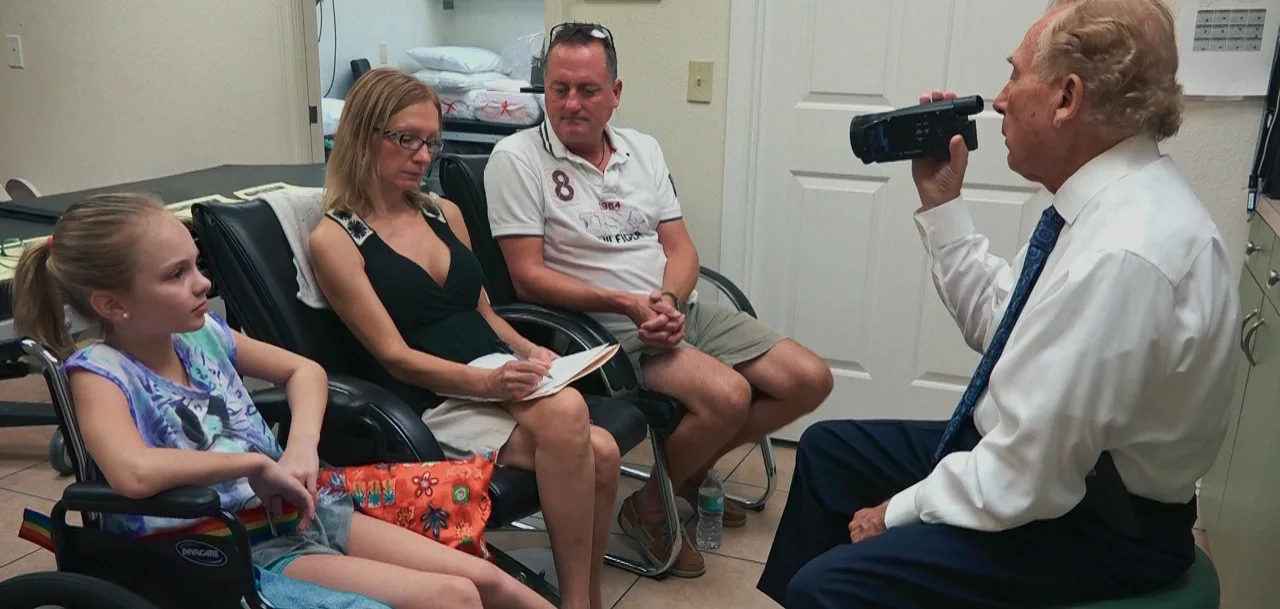
She began regaining mobility in her arms, and her legs started straightening out. However, their relief was short-lived, as Maya relapsed a year later.
Once again desperate desperate to help their little girl, they rushed her to Johns Hopkins All Children's Hospital in Florida, but that's where their nightmare truly began.
Beata, who happened to be a registered nurse herself, was accused of medical child abuse. It's a condition called Munchausen by proxy, where a parent either fakes or causes real symptoms in a child to make it appear as if they're sick.
Maya was taken into state custody at 10 years old still facing the unknown cause and treatment for her illness.
Even though Beata underwent a psychological evaluation that proved she didn't have this illness, she was still denied the opportunity to see her daughter.
This heartbreaking situation left her feeling increasingly hopeless, and tragically, three months after Maya was taken away, Beata took her own life.
It's an unimaginable tragedy that has left many hurting for the family and questioning how the family experienced such injustice.
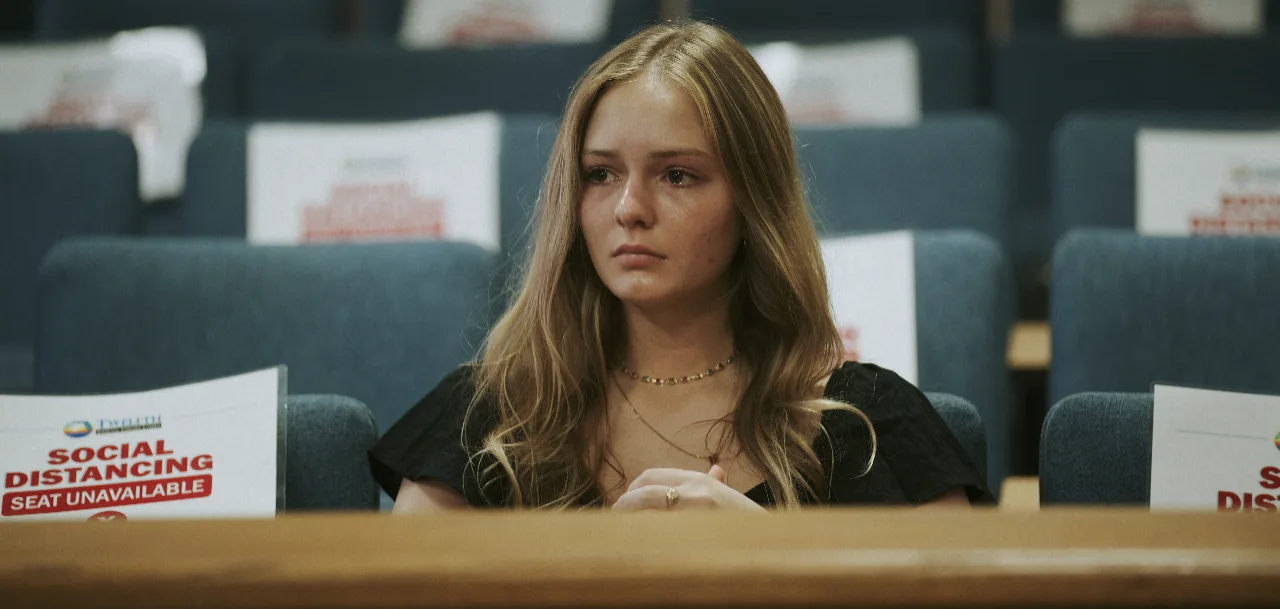
"Despite two parents who were desperate to bring their daughter home. The story of the Kowalski family – as told in their own words – will change the way you look at children's healthcare forever," Netflix wrote.
It features audio recordings that Beata herself documented, along with interviews with the Kowalski family.
Viewers have described the watch as unbelievable, infuriating, and absolutely devastating.
One person expressed their shock, writing: "I have never in my life had to stop a documentary so many times, just to compose myself and wipe the tears away.I am shook to my core."
Another said: "Taking Care Of Maya is an infuriating documentary, it's intense but a must-watch."
"I'm emotionally exhausted. Had to be one of the most gut-wrenching documentaries I've ever seen," a third added.
While a third was speechless at what they had just watched: "I just finished watching Taking Care of Maya and words cannot describe how utterly devastated and furious I am right now. I'm in tears thinking this happened and still happens to so many families out there."
If you're up for a wild watch, the documentary is available on Netflix here in NZ. But fair warning, it's a hard watch that will take you on an emotional rollercoaster.
Need help, or just wanna talk to someone? Lifeline – 0800 543 354 (0800 LIFELINE) or free text 4357 (HELP). Suicide Crisis Helpline – 0508 828 865 (0508 TAUTOKO). Depression Helpline – 0800 111 757 or free text 4202 (to talk to a trained counsellor about how you are feeling or to ask any questions). Youthline – 0800 376 633, free text 234 or email talk@youthline.co.nz or online chat.

Published by Sophie van Soest
26 Jun 2023